Poblano Chilies: A Spicy Journey Through Global Flavors
Table of Contents
Introduction to Poblano Chilies
Poblano chilies are a staple in Mexican cuisine, known for their mild heat and rich flavor. These green peppers are often used in dishes like chiles rellenos, salsas, and moles. But did you know that their influence extends far beyond the borders of Mexico? From the bustling markets of Oaxaca to the kitchens of Asia and Europe, poblano chilies have found their way into diverse culinary traditions. Whether you're an amateur enthusiast or a seasoned professional, understanding the versatility and history of this chili can elevate your cooking game.
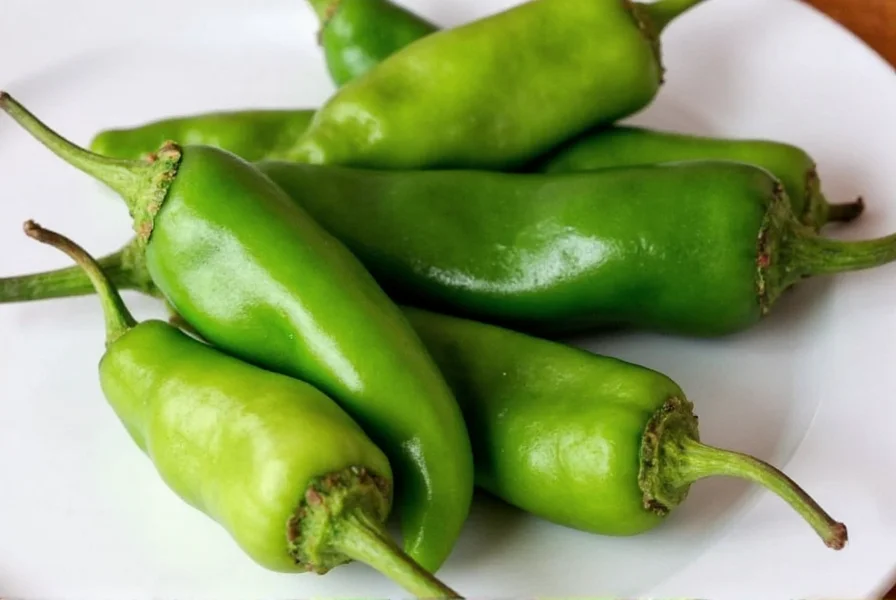
Global Spice Traditions and Poblano Chilies
The world is a melting pot of flavors, and spices play a crucial role in shaping regional cuisines. While poblanos are most famously associated with Mexican food, they have also made their mark in other parts of the globe. Let's explore how these chilies fit into global spice traditions.
Latin America
In Latin America, especially in countries like Colombia, Ecuador, and Peru, poblano chilies are often used in traditional stews and soups. Their mild heat makes them a great base for more complex sauces, allowing other spices to shine through. In some regions, they are even dried and ground into a powder, similar to paprika, to add depth to dishes.
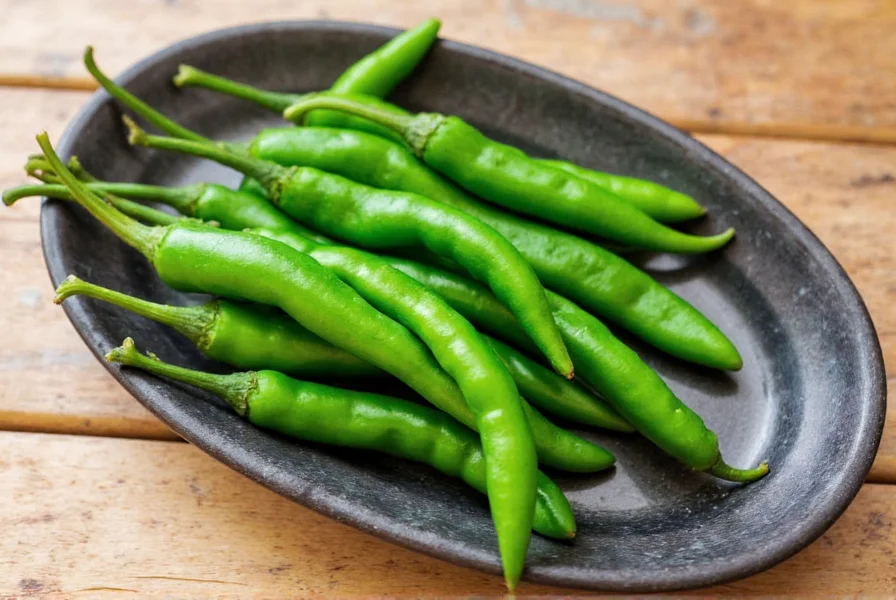
Asia
While not traditionally native to Asia, poblano chilies have found a home in various Asian cuisines, especially in fusion dishes. In Japan, chefs sometimes use them in spicy mayonnaise-based dressings, while in India, they might be incorporated into vegetarian curries for a subtle kick. The adaptability of poblanos makes them a favorite among adventurous cooks looking to experiment with new flavors.
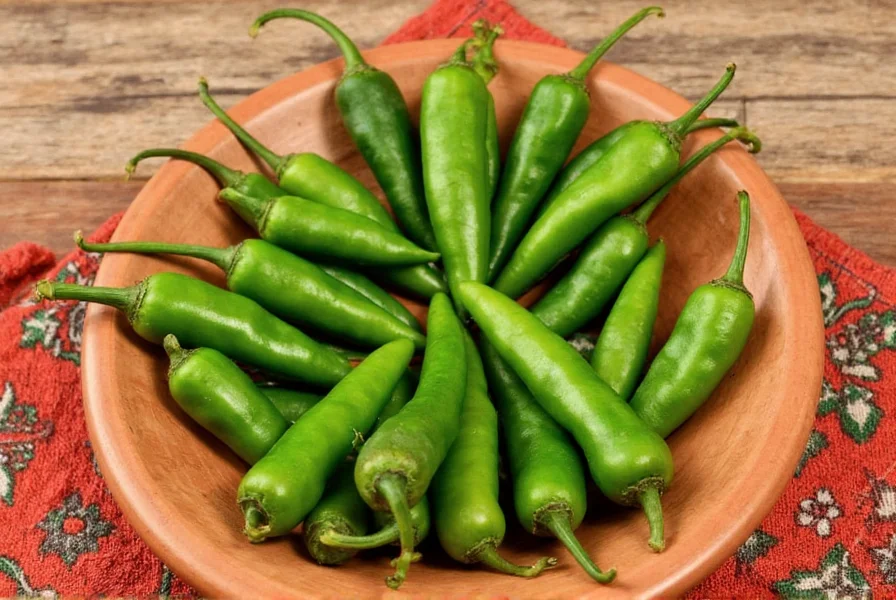
Europe
In Europe, particularly in Spain and Italy, poblanos have been embraced by modern chefs who love to blend global ingredients into their classic recipes. They are often used in tapas, pizza toppings, and even in Mediterranean salads. Their vibrant color and mild flavor make them a versatile ingredient that can enhance both traditional and contemporary dishes.
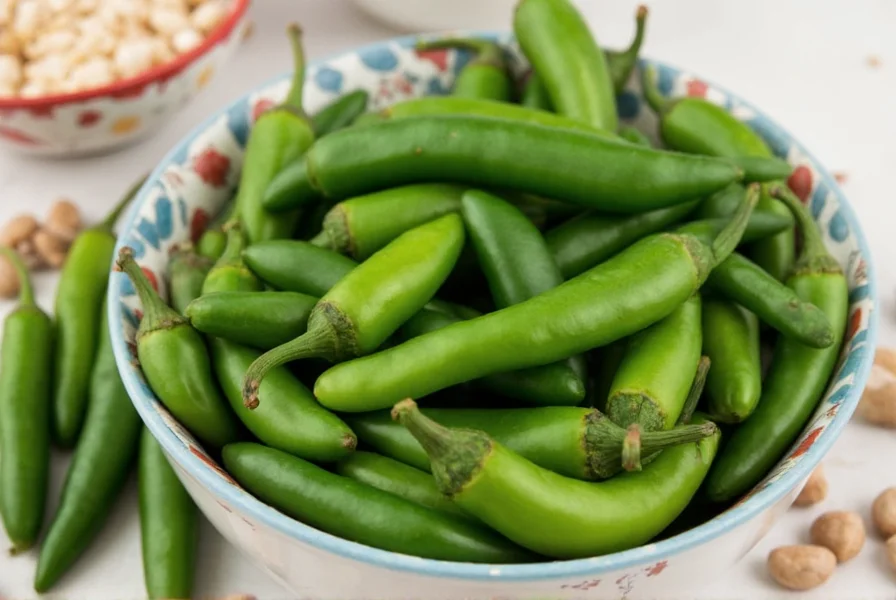
Practical Tips for Cooking with Poblano Chilies
Cooking with poblanos is a delightful experience, but there are a few tips that can help you get the most out of these flavorful chilies. Here’s a quick list of practical advice:
- Roasting for Depth: Roasting poblanos enhances their natural sweetness and adds a smoky flavor. Simply place them on a baking sheet under the broiler until the skin blisters, then let them cool before peeling and using them in your recipe.
- Using Fresh vs. Dried: Fresh poblanos are perfect for salsas and fillings, while dried ones (often called ancho chilies) work well in sauces and stews. Both versions bring unique qualities to your dish.
- Pairing with Complementary Flavors: Poblano chilies pair well with ingredients like tomatoes, onions, garlic, and citrus. Don’t be afraid to experiment with herbs like cilantro or oregano to bring out their best.
- Adjusting Heat Level: If you want a milder version, remove the seeds and membranes before cooking. For more heat, leave them in or add a few drops of hot sauce.
- Freezing for Later Use: You can freeze roasted poblanos in airtight containers for up to three months. This is a great way to keep them on hand for quick meals.
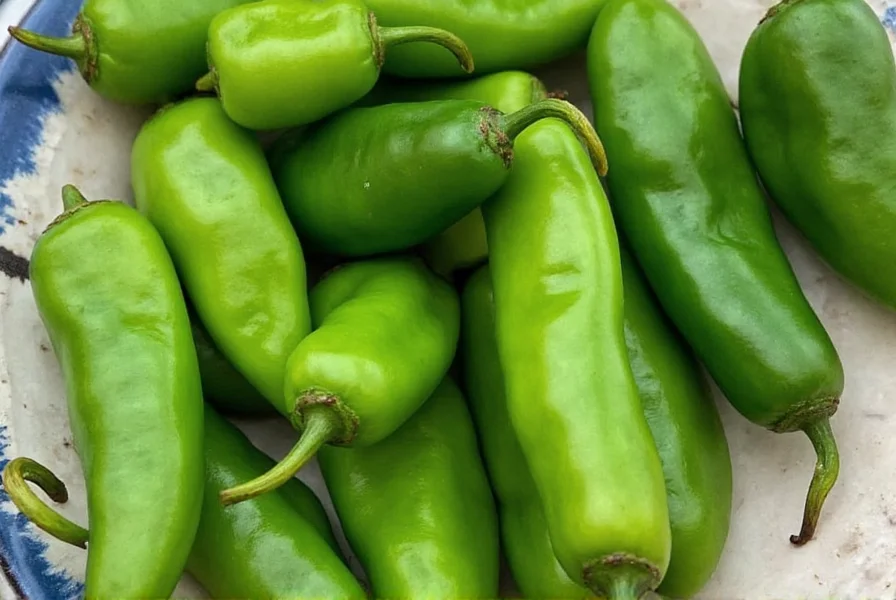
Buying Guide for Poblano Chilies
Choosing the right poblanos can make all the difference in your cooking. Here’s a detailed guide to help you select the best ones:
| Feature | Advantages | Use Cases | Target Audience | Suitable Occasions |
|---|---|---|---|---|
| Fresh Poblano Chilies | High moisture content, vibrant color, and mild flavor | Salsas, stuffed peppers, fresh garnishes | Home cooks, amateur enthusiasts | Weekend meals, family dinners |
| Dried Poblano Chilies (Ancho) | Intense flavor, longer shelf life | Moisture-rich sauces, stews, chili powders | Chefs, professional bakers | Special events, holiday cooking |
| Frozen Poblano Chilies | Convenient, ready to use, retains texture | Quick meals, soups, dips | Busy professionals, students | Weeknight dinners, meal prep |
When purchasing, look for firm, smooth skin without any wrinkles or soft spots. Fresh poblanos should feel heavy for their size and have a bright green color. If you’re buying dried ones, check for a deep red-brown hue and a slightly wrinkled texture.
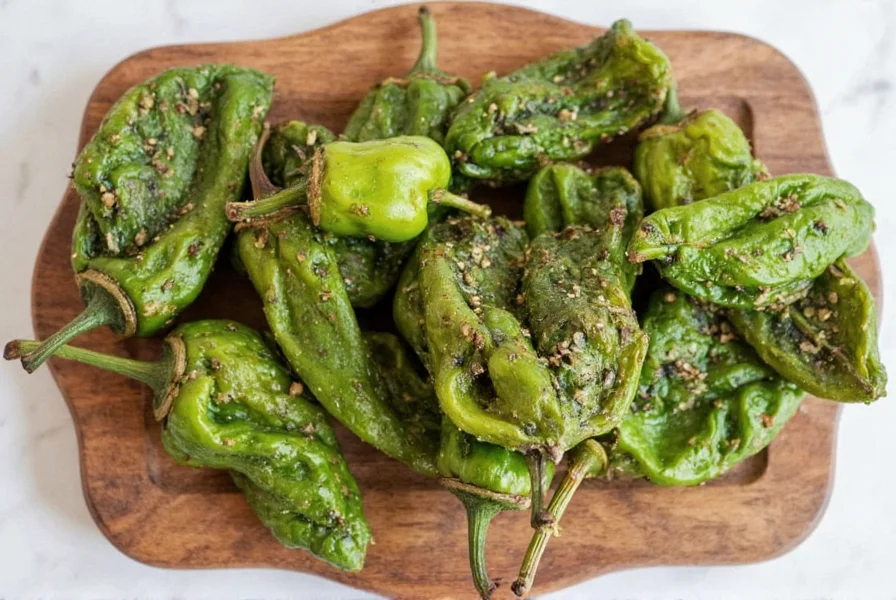
Conclusion
Poblano chilies are more than just a common ingredient—they’re a symbol of cultural exchange and culinary creativity. From the heart of Mexico to kitchens around the world, these chilies have proven their versatility and flavor. Whether you're roasting them for a smoky kick, using them in a salsa, or experimenting with global recipes, there’s always something new to discover with poblanos.
So next time you see a poblano on the shelf, remember that it’s not just a pepper—it’s a passport to a world of taste and tradition. With the right techniques and a bit of curiosity, you can unlock its full potential and bring a little global flavor into your kitchen.
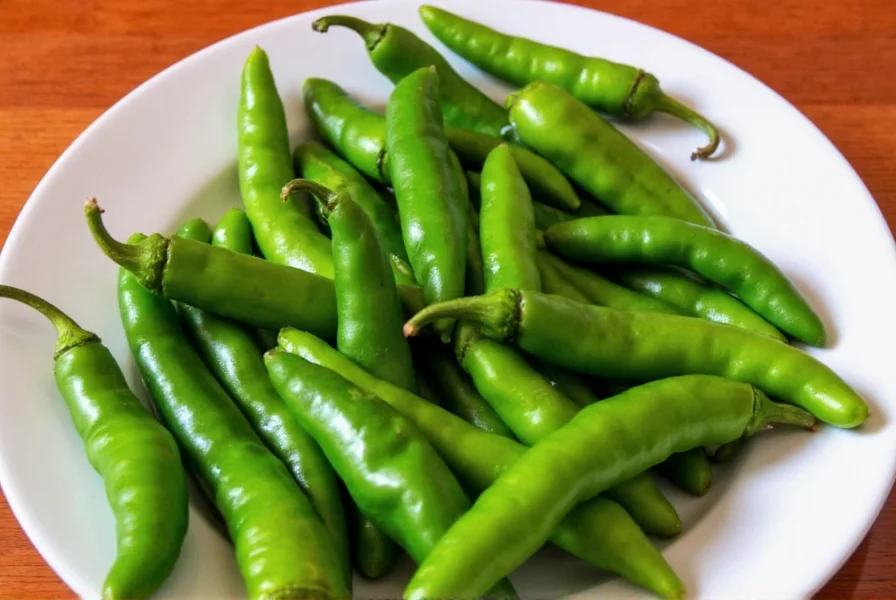
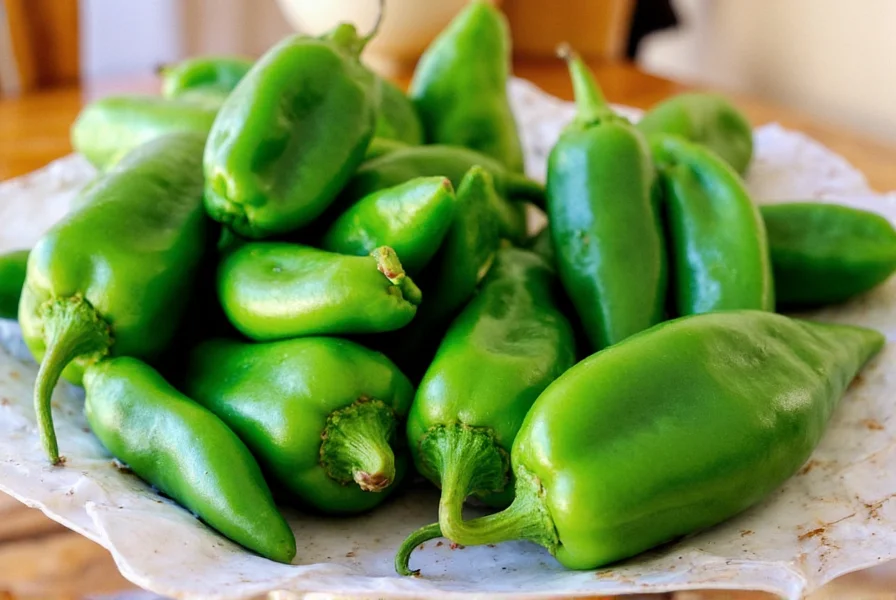
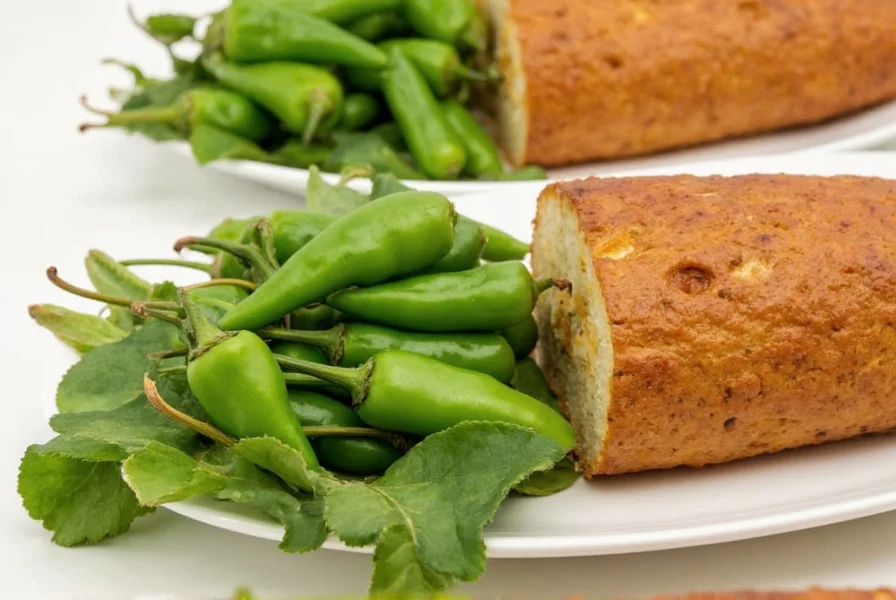
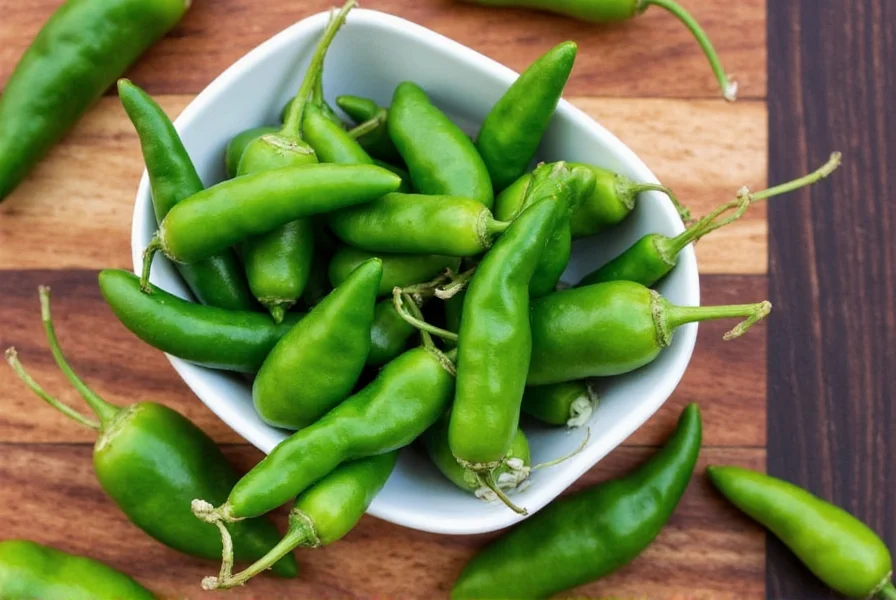
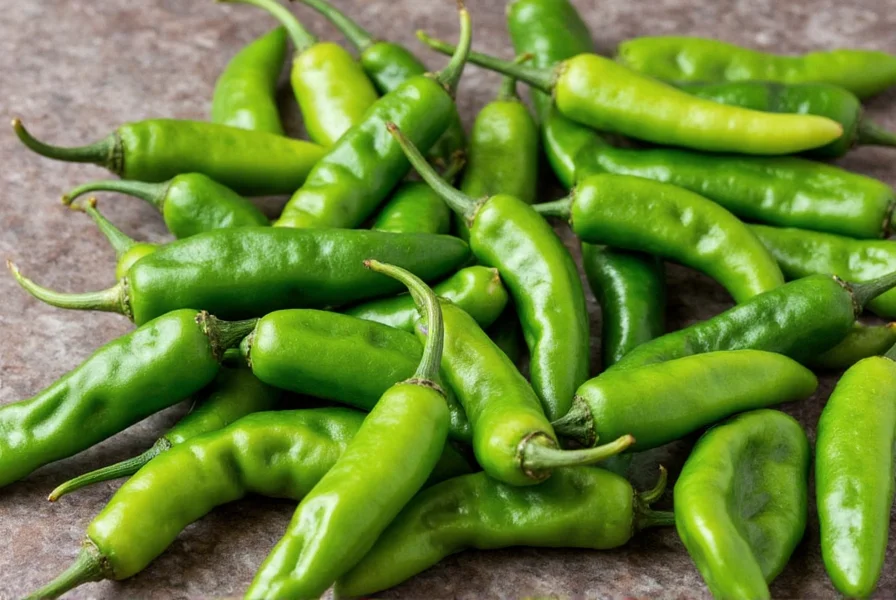










 浙公网安备
33010002000092号
浙公网安备
33010002000092号 浙B2-20120091-4
浙B2-20120091-4